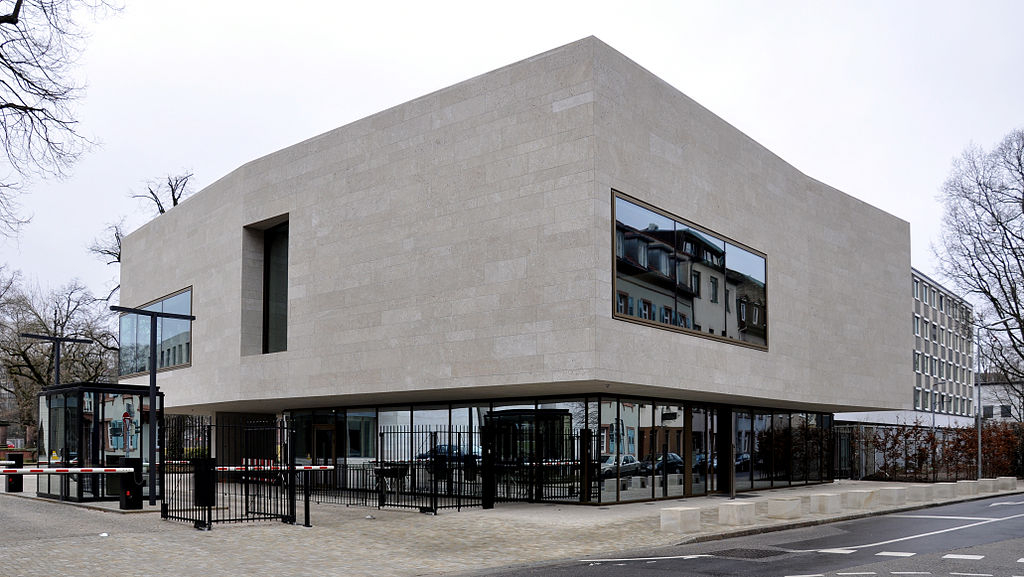by Soeren Kern • December 22, 2018 at 5:00 am
The ruling, which effectively opens the door to legalizing Sharia-based child marriages in Germany, is one of a growing number of instances in which German courts are — wittingly or unwittingly — promoting the establishment of a parallel Islamic legal system in the country.
"Germany cannot, on the one hand, be against child marriages internationally, and on the other hand, be for such marriages in our own country. The best interests of the child cannot be compromised in this case. (...) This is about the constitutionally established protection of children and minors!" — Winfried Bausback, Bavarian lawmaker who helped draft the law against child marriage.
"We should consider one more thing: judgments are made 'in the name of the people.' This people has clearly expressed through its representatives in the Bundestag that it no longer wants to recognize child marriage." — Commentator Andreas von Delhaes-Guenther.

The Federal Court of Justice (Bundesgerichtshof), Germany's highest court, has ruled that a new law that bans child marriage is unconstitutional because all marriages, including Sharia-based child marriages, are protected by Germany's Basic Law. Pictured: The Bundesgerichtshof building in Karlsruhe, Germany. (Image source: Andreas Praefcke/Wikimedia Commons)
The Federal Court of Justice (Bundesgerichtshof, BGH), Germany's highest court of civil and criminal jurisdiction, has ruled that a new law that bans child marriage is unconstitutional because all marriages, including Sharia-based child marriages, are protected by Germany's Basic Law (Grundgesetz).
The ruling, which effectively opens the door to legalizing Sharia-based child marriages in Germany, is one of a growing number of instances in which German courts are — wittingly or unwittingly — promoting the establishment of a parallel Islamic legal system in the country.
|
|


No comments:
Post a Comment